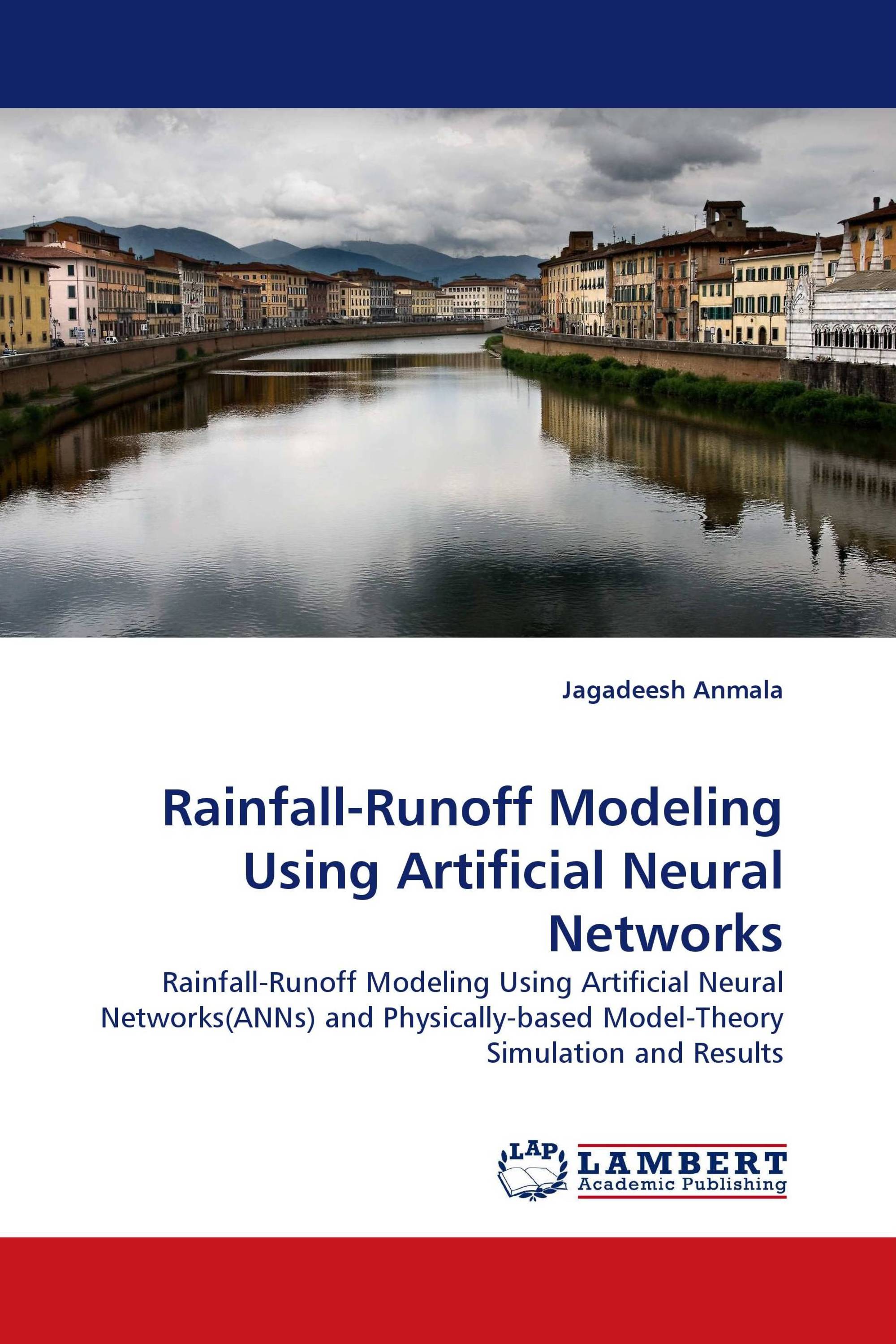Rainfall-Runoff Modeling Using Artificial Neural Networks
Rainfall-Runoff Modeling Using Artificial Neural Networks(ANNs) and Physically-based Model-Theory Simulation and Results
LAP Lambert Academic Publishing ( 2010-07-19 )
€ 68,00
The book addresses a two-pronged approach for the determination of a watershed''s response by developing a physically-based model and a neural network-based model. For the physically-based model, the watershed is partitioned into a series of one-dimensional overland flow planes and channel elements, and water is routed over these elements in a cascading fashion. A system of partial differential equations under the kinematic wave approximation was used to describe surface water movement. The applicability of ANNs was investigated by developing a neural network-based runoff predictive model. The performance of ANNs, with different architectures, was evaluated using monthly precipitation and temperature data (input) and watershed runoff (output) for 3 medium-sized watersheds – El Dorado, Marion, and Council Grove in Kansas, USA. The prediction of watershed response was also studied using several existing empirical rainfall-runoff models. The advantage of ANNs over the physically-based models is that they require only input and output data for mapping of an unknown function such as rainfall-runoff relationship. In the case of physically-based models a lot more data is required.
Book Details: |
|
|
ISBN-13: |
978-3-8383-8339-2 |
|
ISBN-10: |
3838383397 |
|
EAN: |
9783838383392 |
|
Book language: |
English |
|
By (author) : |
Jagadeesh Anmala |
|
Number of pages: |
200 |
|
Published on: |
2010-07-19 |
|
Category: |
Physics, astronomy |




